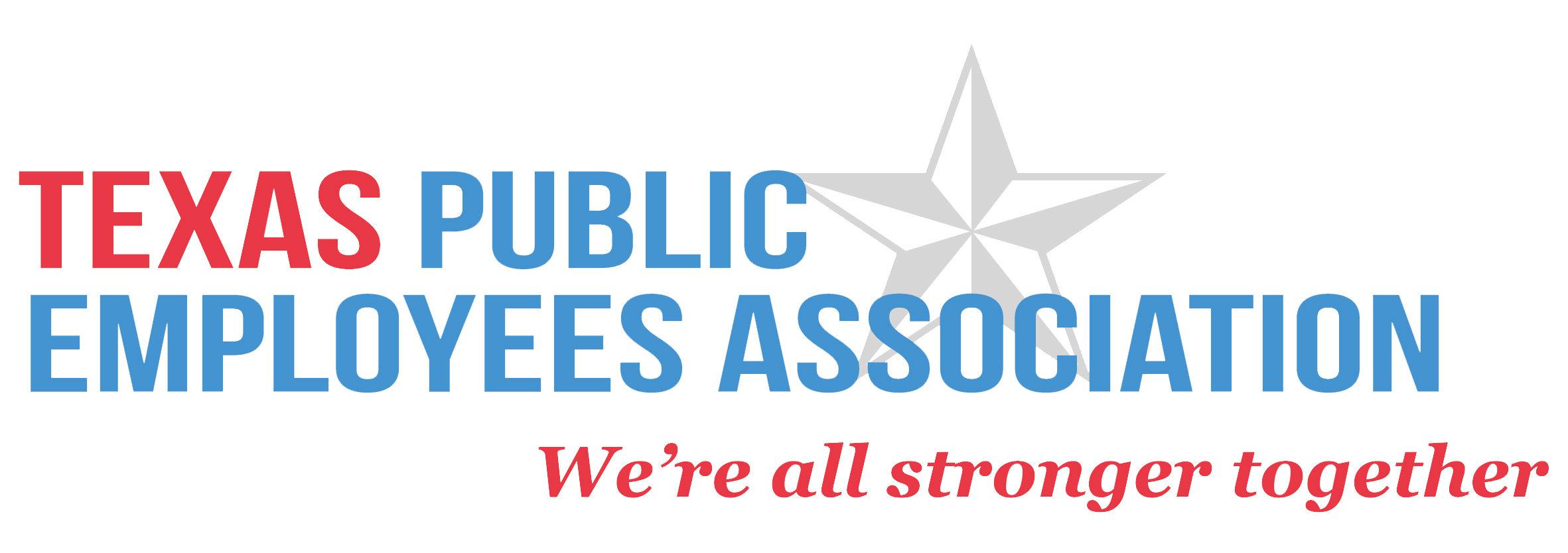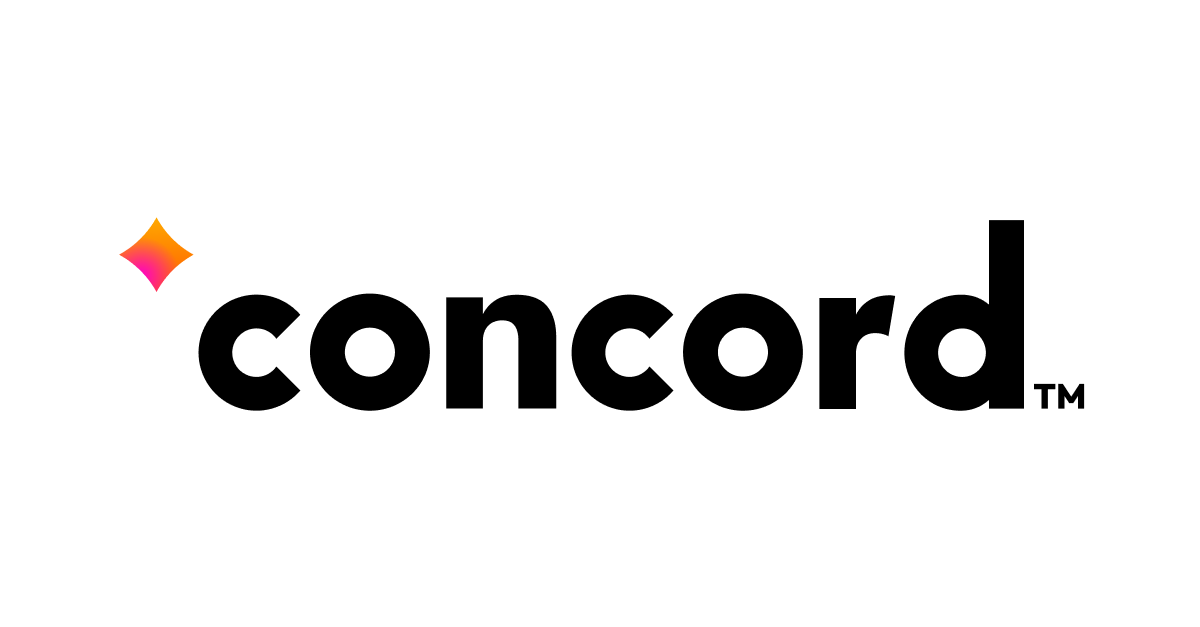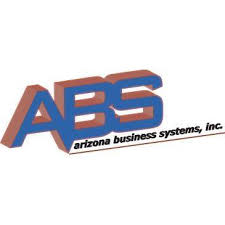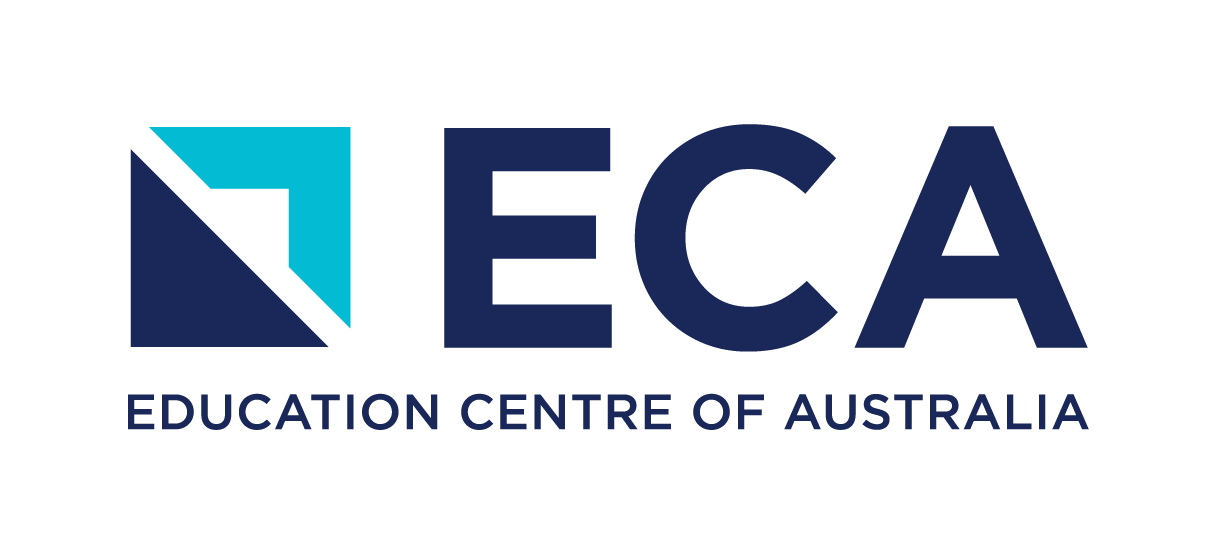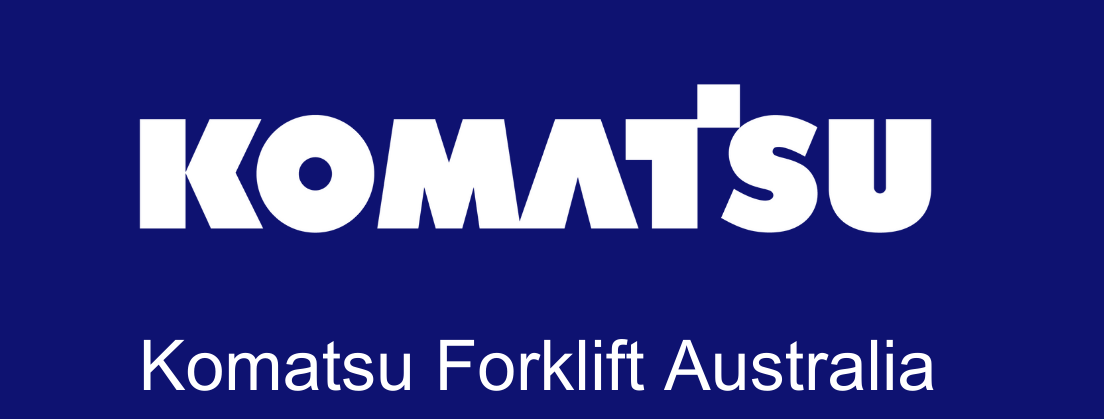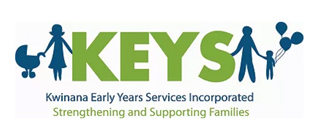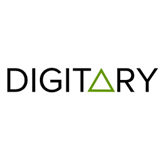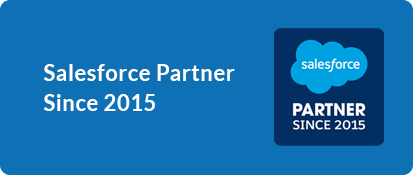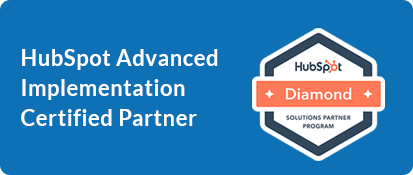The client is an online platform focused on covering news, regarding government operations, policies, and technologies. Through its show, podcast, and web content, the platform provides a space for leaders and experts to share their thoughts on the challenges and accomplishments of government agencies and discuss solutions to key social issues.
The PNG-based client inherited their Salesforce instance from a copy of another regional branch, which is based in Fiji. However, this instance was not set up to underpin the specific business processes of the client, leading to inefficiencies and inaccurate data logging. As a reputed Salesforce Implementation Partner, Girikon was requested by the client to assist with streamlining and standardising business processes utilising Salesforce.
The Client is Mid-Atlantic’s premier manufacturers’ representative and distributor of control valves, process instrumentation, and more.
The Client’s business targeted B2C, as well as B2B to support the bench jeweler, the jewelry designer, the retail jeweler, the jewelry manufacturer, and the educator with metals, tools & Machines. Headquartered in New Mexico, USA, this company sells a variety of metals and supports wholesalers and Jewelers with tools.
The Client is a leading marine manufacturing company specializing in designing and producing a range of cutting-edge marine technology, including catch control and net monitoring sensors, echo sounders, current profilers, and sonar systems. Their innovations are utilized by the global fishing industry.
The Client is a B2B seller in the technical engineering manufacturing industry with headquarter in Taiwan. The company makes and distributes motion control products throughout America.
The client is an industry-leading manufacturer, specializes in fabric and metal building solutions for custom and turnkey projects. Renowned for strength and durability, their buildings come with a 50-year frame warranty and a 20-year cover warranty.
The Client is a world leader in the development, supply, and technical support of formulated film coating systems, modified release technologies, and functional excipients for the pharmaceutical and nutritional industries.
After an unsuccessful Salesforce implementation with their previous Salesforce partner, the client actively reached out to the Salesforce Customer Success Group to understand what went wrong with the implementation. They were introduced to two Salesforce partners, one of which was Girikon, and they chose Girikon because the Salesforce consulting partner understands the challenges faced by small businesses and has the reputation of helping various Salesforce clients in distress fix issues while continuing their BAU operations.
After discontinuing using their previous student activity support software, the client wanted to seamlessly transition their student activity management to Salesforce. They sought Girikon’s expertise to provide support during this transition and to assist their on-the�ground team in developing tailored solutions to handle their case management.
The client is a leading Commerce Platform that sells complimentary software. In Mid-2022, they had just completed two major business acquisitions. They used another partner’s Salesforce Migration service to migrate data from Commerce Cloud and Marketing Cloud to the Salesforce platform. However, the migration did not give them the result that they expected, preventing them from making the most out of the newly acquired businesses. Furthermore, their executive team was looking for a cohesive solution to sell software across multiple regions, requiring a unified sales process for all business units.
The client is an insurance restoration company that provides restoration, as well as consulting services to stakeholders and insurance carriers. The Salesforce partner with whom the client had partnered earlier failed to cater to the evolving needs of their business and their future expansion plans. The client was seeking a partner who could help them manage their field service operations more effectively. Girikon was chosen by the client based on their proven track record in implementing Salesforce for building services companies.
The client was one of Girikon’s existing customers that were satisfied with the results of the previous Salesforce Implementation Services provided by Girikon. At that time, the client wanted to implement Salesforce for two departments, one of which only allowed certain users to access their records. As Girikon has vast experience aiding organisations in tackling important and challenging business requirements, the client once again approached Girikon to implement Salesforce for these two departments.
The client was introduced to Girikon by Salesforce staff thanks to Girikon’s expertise in implementing Salesforce for Education Industry and more specifically, higher education institutes. The client selected Salesforce Pardot to replace HubSpot in creating their landing pages, forms, email templates and digital engagement journeys. Girikon presented the solution based on the experience gained from implementing Salesforce for Education providers and was selected without much hesitation by the client to kick off the implementation.
The client approached Girikon, a Gold Salesforce Consulting Partner, for the implementation of their Salesforce EDA Instance and the adoption of the software to achieve a 360-degree view of their marketing and sales processes, as well as their student journeys. Girikon was preferred over other Salesforce partners as they had experience working with organisations having multiple divisions.
After their initial Salesforce implementation with another partner, the client realised they still lacked visibility into their business development pipeline. The client chose Girikon due to their ongoing and successful efforts in helping building services companies transition into the Salesforce ecosystem. The team of subject matter experts at Girikon is fully aware of the digital transformation pitfalls within the building services industry and is perfectly capable of optimising the client’s business processes and aligning them with Salesforce for construction industry best practices.
The client was introduced to Girikon by Salesforce due to their Salesforce implementation expertise in the education industry and in particular higher education institutes. The client selected Salesforce Pardot as a replacement to HubSpot for their landing pages, forms, email templates and digital engagement journeys. Girikon presented the solution based on the experience gained through implementation for other Education providers and was selected without much hesitation by the client to kick off the implementation. the Salesforce partner
The client approached Girikon to help integrate their organisation with an existing instance of Salesforce Sales Cloud. The client chose to partner with Girikon due to the organisation’s experience of working with building service companies.
The client approached Girikon to implement Salesforce Education Cloud within a short two-month timeframe. The client chose to partner with Girikon due to its extensive knowledge of Salesforce for education sectors, including vocational and higher education. Besides, Girikon abided by the hybrid agile methodology, which allowed the client to provide feedback throughout the project’s journey. Since consistent refinements of the project increased work efficiency,
Girikon entered a contract with the client to re-configure their Customer Relationship Management (CRM) system, which included Lightning-enabled Salesforce Non-Profit Cloud.
The client approached Girikon for the implementation of their Salesforce Instance and the adoption of the software so that they could achieve a 360-degree view of their customer journeys. Girikon was approached by the client and preferred over other Salesforce partners as they had experience working with clients with multiple departments.
The client is a reputed not-for-profit organisation that aims to provide the growing number of orphans and vulnerable children around the world with access to basic amenities. The Client was looking for a solution that could help them manage their operations seamlessly for which they partnered with a Salesforce Consultant that failed to meet their requirement.
Girikon – a leading provider of IT services partnered with a not-for-profit organisation that provides services to assist people with a genetic disease called Cystic Fibrosis (CF). The organisation was looking for a more efficient way to capture, track and update client information, which they could not accomplish seamlessly using their current CRM.
The client is a not-for-profit organisation based in Australia and works toward providing resources to single mothers and their children to improve their quality of life.
The client approached Girikon in the late 2021 to aid them with the implementation of a new instance of Salesforce’s Not for Profit Success Pack (NPSP). The client had a fixed budget and Girikon managed to provide quality services within their budget because of their hybrid onshore-offshore delivery model. The onshore team of senior business analysts has years of experience working with the not-for-profit sector and has served as an invaluable resource to our clients while assuring them that their data was in safe and reliable hands.
Girikon entered into a contract with a leading concrete preparation and coating sales specialist with branches across NSW and QLD, Australia. Girikon was engaged to design and create a seamless integration between Lightning-enabled Salesforce Sales Cloud and ‘Unleashed’- an inventory management solution.
Girikon entered into a contract with a leading machinery sales and hire specialist with branches across all states of Australia. Girikon was engaged to implement Lightning- enabled Salesforce Sales Cloud.
Girikon entered a contract with a leading Australia-based fruit, vegetable, and cut flower wholesale marketplace to review their current business processes/practices while providing Salesforce Consulting Support as per their requirement by rectifying issues through the implementation of Salesforce Sales Cloud and Partner Community Cloud.
Girikon entered a contract with a leading equipment finance specialist that offers customer equipment finance including commercial assets, business lending, etc. to customers across construction, agriculture, and manufacturing industries. Girikon was engaged to implement a CRM Partner Portal which included Lightning-enabled Salesforce Community Cloud.
Girikon entered a contract with a leading fruit, vegetable, and cut flower wholesale marketplace to review their current business processes/practices and provide support as per their requirement by rectifying issues through the implementation of Salesforce Sales Cloud and Partner Community Cloud.
Girikon entered a contract with a reputed provider of premium sports equipment/flooring products for basketball courts. The provider was looking to offer prospects and customers a superior experience while quoting and ordering superior basketball courts, and equipment. The sports equipment provider, which is an official outdoor court partner of the National Basketball League, Australia offers unique and high-performance tiles, customizable design courts, netting, and high bounce basketball and tennis court flooring, the quality of which are endorsed by high profile sports administrators and athletes. Girikon was engaged to implement a CRM that included Lightning-enabled Salesforce Sales Cloud.
Girikon entered a contract with a reputed Investment Fund Manager group that offers multiple investment options to its customers. The Investment Fund Manager aims to bring a meaningful, measurable, environment and social impact besides financial returns. Girikon was engaged to implement Lightning enabled Salesforce Finance Services Cloud.
Girikon entered a contract with the client who is a leader in the digital certification space. The online platform enables millions of people to share their verified academic achievements securely, quickly, and easily that too 24/7. Girikon was engaged to implement a CRM which included Lightning-enabled Salesforce Sales Cloud & Pardot.
Girikon entered a contract with a leading equipment finance specialist that offers customers equipment finance including commercial assets, business lending to customers across construction, agriculture, and manufacturing sectors. Girikon was engaged to implement a Lightning-enabled Salesforce Sales Cloud CRM to its business ecosystem.
The Client is a leading name in the entrepreneurial education space. Since its inception, the clienthas helped over 3,500 business owners across 250+ industries to enrol in a single membership program and empower them to build a successful business.
The Client is a privately owned Gymnastics Group with facilities spread across north and south regions of Queensland, Australia. Girikon was engaged to re-implement their existing CRM solution which failed to deliver a desired outcome even 12 months post implementation.
The Client is an international non-profit organization that focuses on educational development of students through their exchange programs. The Client wanted a solution that could streamline their processes including managing the complete student application process, approval process, and payment tracking.
Girikon entered a contract with a Private K-12 Education College. The College focusses to introduce Catholic faith in the lives of their students, staff, and parent body besides focusing on their international development, education, and exchange programs. Girikon was engaged for creating and implementing an Alumni Tracking & Alumni Event Management Solution, by leveraging Salesforce Education Data Architecture (EDA) and Sales cloud, which could be used for managing different college campus alumni events on a single Salesforce platform.
Girikon entered into a contract with a Health Care Staffing company to design and build an end to end Healthcare Staffing Management Solution in 2016. The Healthcare Staffing organization have approximately 800 salesforce users and needed to strengthen its business through a customized Salesforce platform and a requirement to automate and enable efficiency gains with a Salesforce platform to better fit the organization’s operations.
Girikon entered into a contract with a leading business intelligence, academic publishing, knowledge and events business, operating in the Knowledge and Information Economy. Girikon was engaged to implement a CRM which included Lightning enabled Salesforce Sales and Community Cloud, Lightning (presentation layer), Contract Handling with CPQ and DocuSign, MuleSoft Integration and RESTful to Expo CAD integration for one of their Global divisions.

 +61-1300-332-888
+61-1300-332-888 +1-480-382-1320
+1-480-382-1320














































